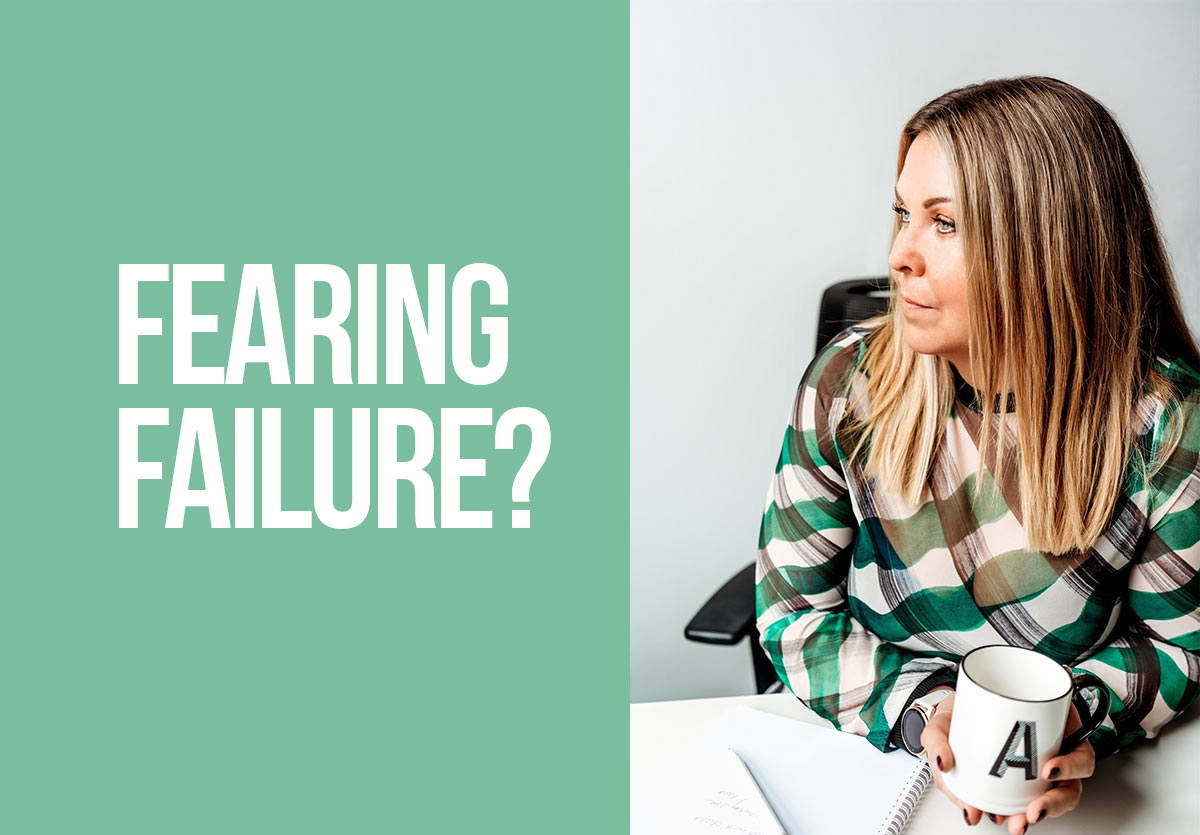
Self-Sabotage is one of the biggest ‘problems’ people ask me about but before we can take steps to overcome it, let’s explore…
What do we mean when we say self-sabotage?
Self-sabotage is the act of getting in our own way, whether that’s our goals, relationships or self-development. Many of us aren’t even aware that we’re doing it, and it’s way more common that you might think. In order to stop self-sabotage in its tracks we need to explore the reasons why it happens, and how we can stop it.
An example of self-sabotage in action
Imagine for a moment that you have recently started dating someone, things are going well and you’re really enjoying the moments you spend together. And yet, seemingly out of nowhere you start pushing them away. Starting arguments over things that didn’t bother you in the beginning, stating all the reasons why you’d make a terrible partner, how bad you are in relationships etc. If that sounds familiar, you’re absolutely not alone in this behaviour. The question is, why do we do it?
The reasons behind self-sabotage
Lack of self-confidence and/or self-worth – Many of us have this voice in our head, the one that tells us we’re not good enough, pretty enough, successful enough. When it rears its ugly head, it starts affecting our behaviour. We begin to believe what it’s telling us, and we sabotage our own happiness out of a fear that we’re not deserving of happiness after all.
A need for control – Have you ever told yourself all the reasons why something won’t work, ahead of time, just in case you’re proved right? Very often we do this because we want to be in control of our failure, and our feelings. We self-sabotage because it feels easier than letting go and stepping into the unknown.
A fear of failure or success – Sometimes we self-sabotage because we worry that we’ll try our hardest and it still won’t work out. Or, that it will work, and we’ll actually be successful. Both of these outcomes can feel scary. Either because we’re not comfortable with failure, or we fear success and the changes it will bring to our life. So, we stop short before it happens.
Stopping self-sabotage in its tracks – 3 top tips.
Stopping self-sabotage requires nurturing, honesty and new ways of thinking.
1. Challenge your shackling assumptions – Ask yourself, where is the evidence for this assumption? You’ll probably be surprised to learn that there isn’t any. Replace your shackling assumption with a true and liberating one – ‘I am worthy of good things’
2. Embrace the unknown – Think about the moments you’ve learnt the most, laughed the most or loved the most. They’re the same moments you stepped outside your comfort zone and faced the possibility of failure. If we never fail, we can’t learn, and we won’t grow.
3. What if it does work out – Revel in it! You are stepping into a new stage in your life, and you deserve to be here. You wouldn’t tell a friend to stop before the finish line, downplay their achievements, or curb their happiness when life is going well so why say it to yourself?
We can stop self-sabotage in its tracks. We are worthy, we are deserving, we are capable, we are better than we think we are. To build on this, you might consider reading my new book, aptly named You’re Better Than You Think You Are which you can access via my website or on amazon.

